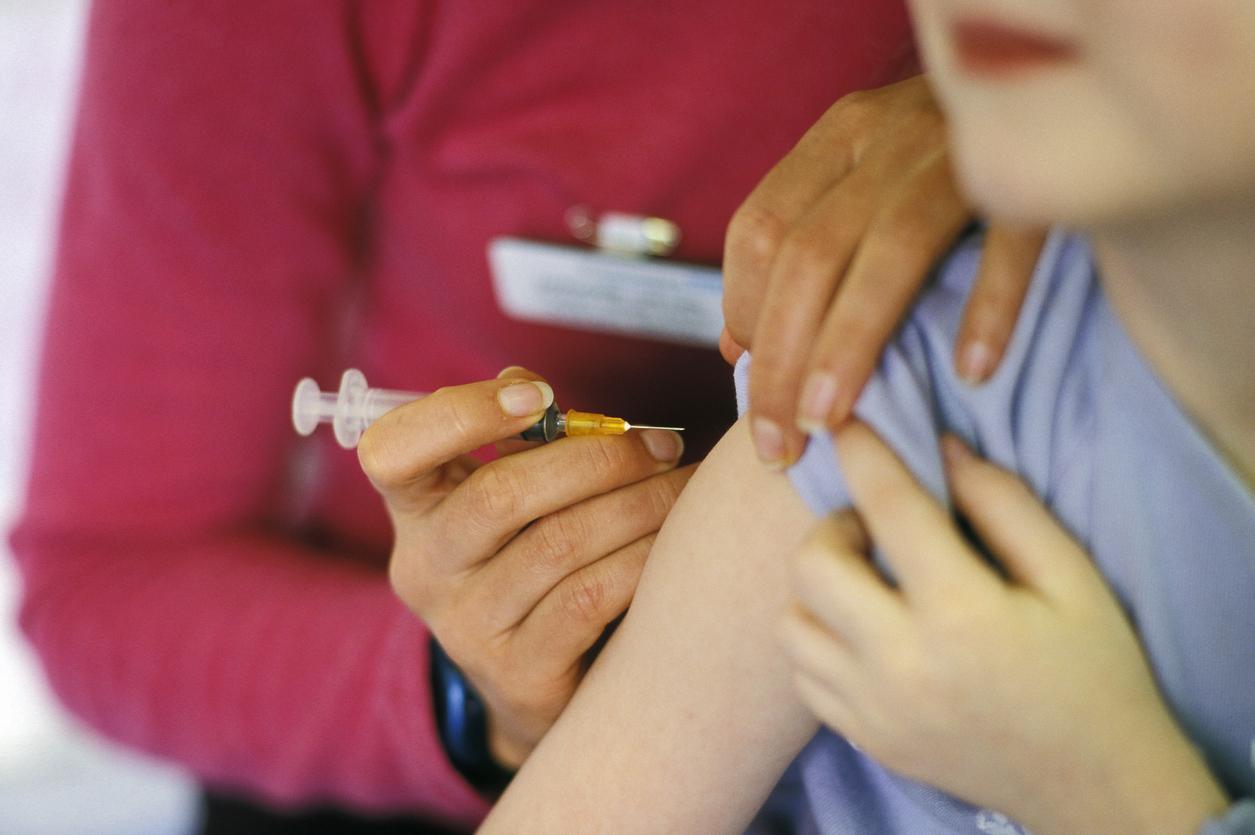Vaccinations, treatments, prevention… A report from the Lancet Commission highlights the numerous investments needed in global health to reduce the number of premature deaths by 50% by 2050.

- The Lancet Commission calls on countries to focus on 15 conditions that cause the majority of premature deaths: infectious diseases like tuberculosis, respiratory infections, noncommunicable diseases like diabetes and cardiovascular disease, as well as accidents and suicide .
- To halve premature deaths by 2050, the report calls for targeted investments in health, expanding childhood vaccinations, making treatments and prevention accessible for preventable causes of death.
- The report also proposes tax measures to reduce preventable diseases, in particular by increasing taxes on tobacco, unhealthy foods and fossil fuels.
“Since 1970, 37 countries have managed to halve the likelihood that their citizens will die before the age of 70, a feat that highlights remarkable progress in disease prevention and treatment.” A new report from the Lancet Commission today says that this goal is achievable for all countries, even those affected by war or poverty. It details a roadmap to reduce premature deaths by 50% by 2050, a project called “50 by 50”.
Investing in vaccination, treatments, diagnostics…
According to the report Global Health 2050presented on October 14 at the World Health Summit in Berlin, this ambitious goal can be achieved through targeted investments in health, aimed at preventing the leading causes of preventable death. The Lancet Commission calls on countries to focus on 15 key conditions that cause the majority of premature deaths, including infectious diseases like tuberculosis, respiratory infections, noncommunicable diseases like diabetes and cardiovascular disease, and accidents and suicides.
Although global life expectancy has increased over the past two decades, millions of people around the world still lack access to prevention and treatment services for these diseases. To address this, the report recommends publicly subsidizing essential medicines, vaccines and diagnostics. He also advocates for increased research funding to develop new medical technologies.
The report also proposes tax measures to reduce preventable diseases, in particular by increasing taxes on tobacco, unhealthy foods and fossil fuels. The absolute priority, according to the Commission, is to heavily tax tobacco, responsible for more than 8 million deaths per year worldwide. For Gavin Yamey, researcher at Duke University (United States) and lead author of the document, increasing the price of tobacco is one of the most effective measures, especially for the poorest citizens, who are the most sensitive to rising prices. “We want people to live long, healthy and productive lives,” he says in a press release.
Reduce mortality and curb poverty
According to the researcher, the benefits of such initiatives would be immense. “It’s a goal within reach, with extraordinary benefits for health, well-being and the economy”he assures. Because achieving this “50 by 50” would not only reduce mortality, but also stimulate economies and curb poverty.
“If this goal is achieved by all countries, a child born in 2050 would only have a 15% chance of dying before the age of 70, compared to 31% for someone born in 2019.” Among the 37 countries already on track to achieve this goal are densely populated nations such as Bangladesh, China and Iran.


















